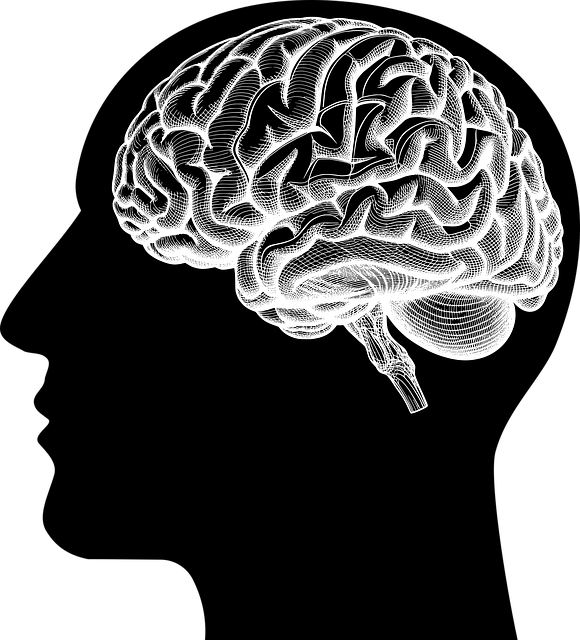Risk assessment is crucial for developing effective harm minimization plans in Northglenn Anger Management Therapy settings. Therapists analyze potential triggers and outcomes, implementing tailored strategies to ensure client safety. This involves evaluating demographic factors, cultural norms, and local social services, as well as designing interventions for diverse populations. By combining evidence-based therapy practices with community engagement, Northglenn can create a safe environment where individuals learn to manage anger constructively, enhancing overall well-being. Continuous monitoring and progress reviews are essential to refine strategies and ensure they meet the unique needs of each client, aligning with Mental Health Awareness goals, especially in Depression Prevention through Self-Awareness Exercises.
Northglenn Anger Management Therapy offers a structured approach to risk assessment and harm minimization planning, crucial components for effective therapy. This article delves into these key aspects, providing a comprehensive guide tailored specifically to Northglenn’s context. We explore understanding risk assessment as a foundational step, identifying and evaluating unique risks associated with the local community, and developing robust harm minimization strategies. Through continuous implementation and monitoring, therapists can enhance session outcomes, ensuring client safety and progress.
- Understanding Risk Assessment: A Foundation for Harm Minimization
- Identifying and Evaluating Risks Specific to Northglenn Anger Management Therapy
- Developing a Comprehensive Harm Minimization Plan
- Implementing and Monitoring the Plan: Continuous Improvement in Therapy Sessions
Understanding Risk Assessment: A Foundation for Harm Minimization

Understanding Risk assessment is a cornerstone in developing effective harm minimization plans, especially in environments like Northglenn Anger Management Therapy settings. It involves a systematic evaluation of potential hazards and their likelihood to cause harm. By thoroughly assessing risks, therapists can identify triggers, predict outcomes, and implement tailored strategies to prevent or mitigate potential damages. This proactive approach ensures the safety of individuals involved, be it clients grappling with anger issues or staff managing high-risk situations.
This process goes beyond merely identifying dangers; it involves analyzing factors contributing to stress and angers, incorporating effective stress reduction methods and resilience building exercises. Through self-awareness exercises, individuals can gain insights into their emotional triggers, enabling them to develop coping mechanisms that foster healthier responses. This holistic approach, integral to Northglenn Anger Management Therapy, not only minimizes harm but also empowers individuals to navigate challenging situations with enhanced emotional intelligence.
Identifying and Evaluating Risks Specific to Northglenn Anger Management Therapy

Identifying and evaluating risks specific to Northglenn Anger Management Therapy involves a thorough examination of potential hazards within the local context. This includes understanding demographic factors, cultural norms, and existing social services that might impact an individual’s access to and engagement with anger management programs. For instance, public awareness campaigns development can play a pivotal role in reducing stigma associated with seeking therapy, thereby encouraging more people to consider Northglenn Anger Management Therapy as a viable solution for managing anger-related issues.
Moreover, assessing risks should encompass the unique needs of diverse populations within Northglenn. This may involve tailored interventions that address underlying causes of anger, such as trauma or stress, through inner strength development and self-care practices. By considering these multifaceted factors, therapists can proactively plan harm minimization strategies, ensuring a safer and more effective therapeutic environment for all clients engaged in Northglenn Anger Management Therapy.
Developing a Comprehensive Harm Minimization Plan

Developing a comprehensive harm minimization plan is an essential step in ensuring safety and well-being, especially in communities like Northglenn where Anger Management Therapy services are readily available. This process involves identifying potential risks, assessing their likelihood and impact, and implementing strategies to mitigate those risks effectively. By combining evidence-based practices from Anger Management Therapy with community engagement, a robust framework can be created to prevent harm and promote positive outcomes.
A well-structured plan should include components like Public Awareness Campaigns Development to educate residents on risk factors and available support systems. Encouraging Positive Thinking and Resilience Building within the community can also reduce triggers for harmful behaviors. Through collaborative efforts, Northglenn can create a harmonious environment where individuals are equipped with tools to manage anger constructively, fostering a safer and more peaceful atmosphere for all.
Implementing and Monitoring the Plan: Continuous Improvement in Therapy Sessions

Implementing a harm minimization plan is only the first step; effective monitoring and continuous improvement are crucial for its success in Northglenn Anger Management Therapy sessions. Regular reviews of the plan’s progress allow therapists to identify areas where adjustments can be made, ensuring that the strategies remain relevant and beneficial for each client. This ongoing process involves tracking the effectiveness of interventions, gathering client feedback, and collecting data on emotional regulation and anger management skills.
By utilizing these metrics, therapists can adapt their techniques and tailor the therapy experience to individual needs, fostering a more engaging and successful therapeutic journey. Continuous improvement aligns with Mental Health Awareness goals, as it promotes Depression Prevention by empowering clients with Self-Awareness Exercises that enhance their ability to manage anger constructively.
In light of the above discussions, it’s evident that effective risk assessment and harm minimization planning are pivotal for the success of Northglenn Anger Management Therapy. By understanding the foundational principles of risk assessment, identifying and evaluating specific risks, developing comprehensive plans, and continuously monitoring their implementation, therapists can ensure a safer and more positive therapeutic environment. This approach not only enhances the effectiveness of treatment but also fosters better outcomes for clients engaging in Northglenn Anger Management Therapy.














